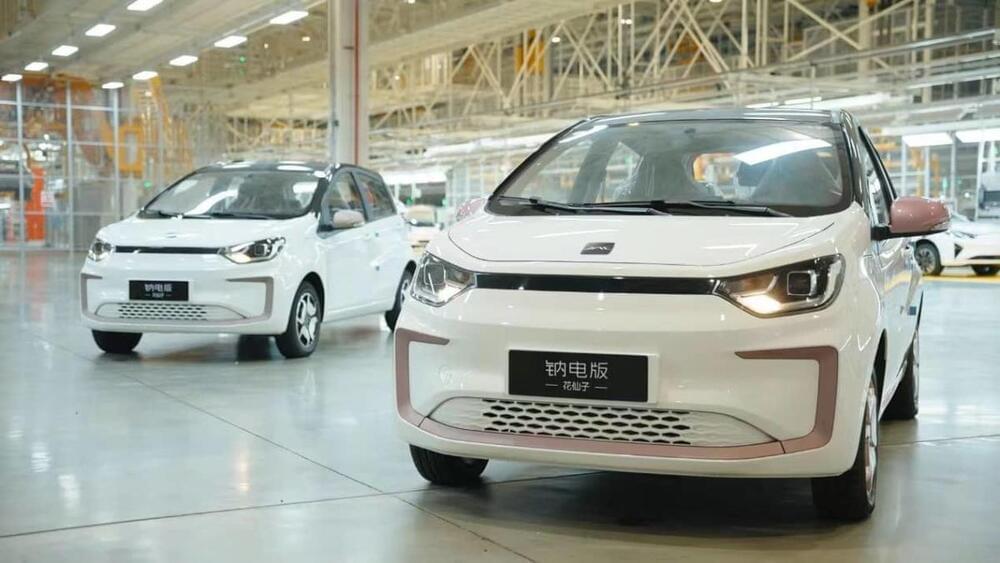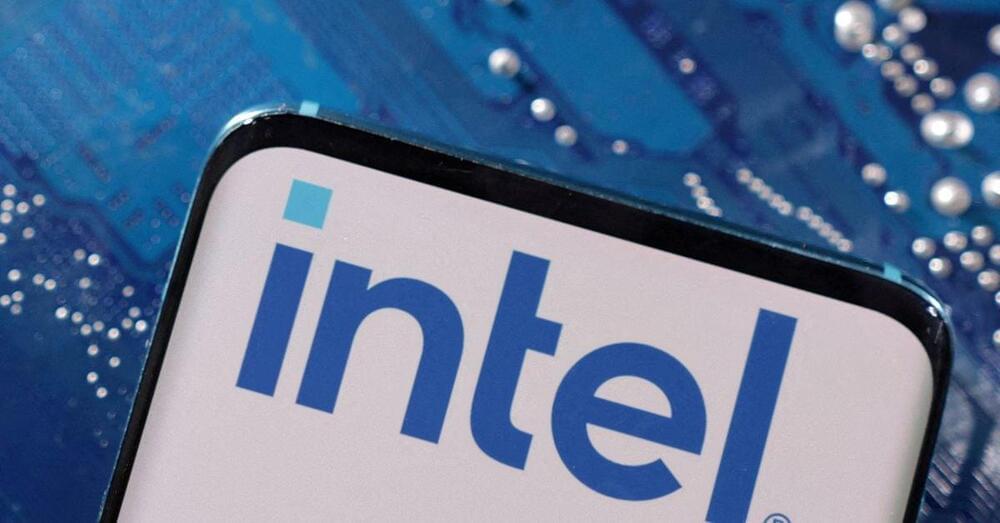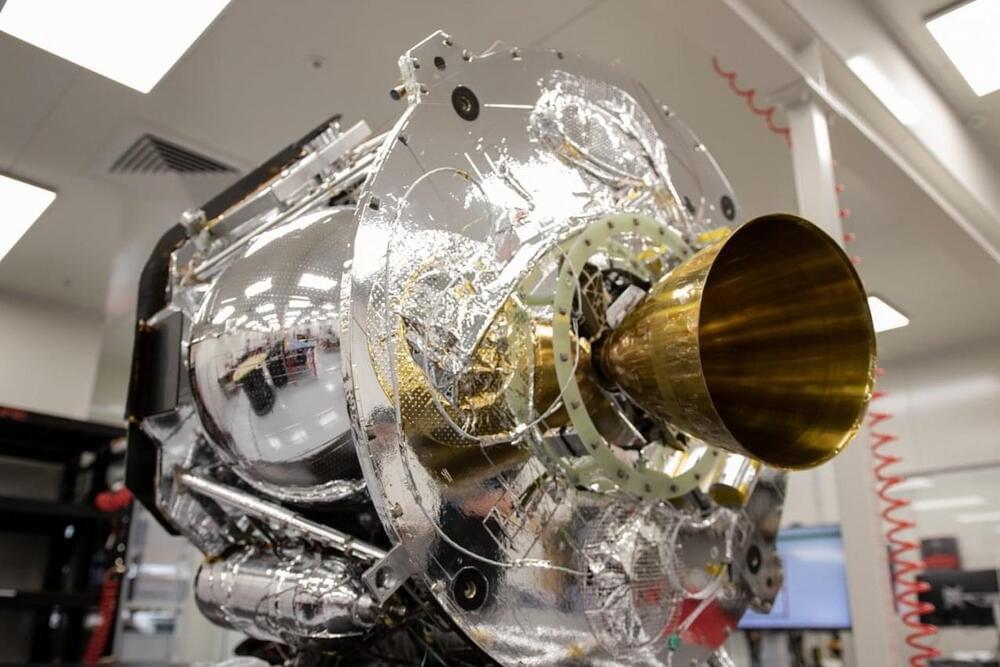Jan 4, 2024
Why Nationalizing AI Is a Bad Idea
Posted by Zoltan Istvan in categories: business, economics, employment, government, internet, robotics/AI
Here’s my new Opinion article for Newsweek on AI!
Like so many in America, I watch astounded as generative artificial intelligence (AI) evolved at lighting speed in 2023, performing tasks that seemed unimaginable just a few years ago. Just last month, a survey found that nearly 40 percent of more than 900 companies were planning to cut jobs in 2024 in part because of AI. If robotics takes a giant leap in the next 12 months, as some suspect, then the survey might end up being too conservative. Generative AI combined with humanoids, which many companies are racing to turn out, is a game changer. Construction jobs, physician jobs, police jobs, and many more will soon be at stake.
Clearly, capitalism is facing a crisis. For years, I have advocated for a Universal Basic Income (UBI), as a way to transition society into the AI age. My method was by leasing out the trillions of dollars worth of empty U.S. federal land to big business, and using some of the proceeds to pay for a basic income for every American. However, any method of a basic income will now help offset the loss of jobs AI will bring.


















